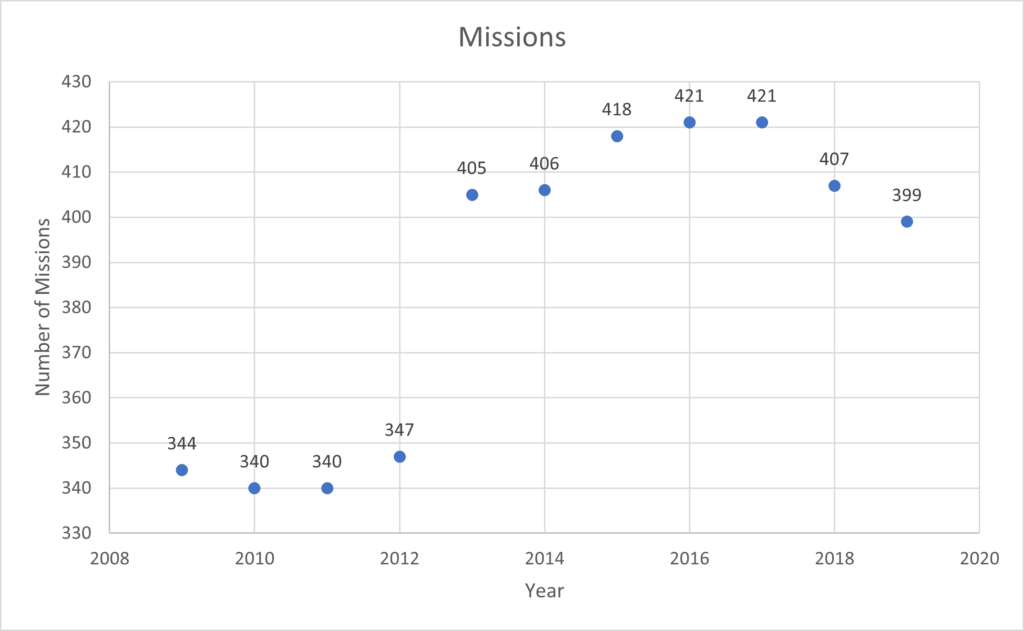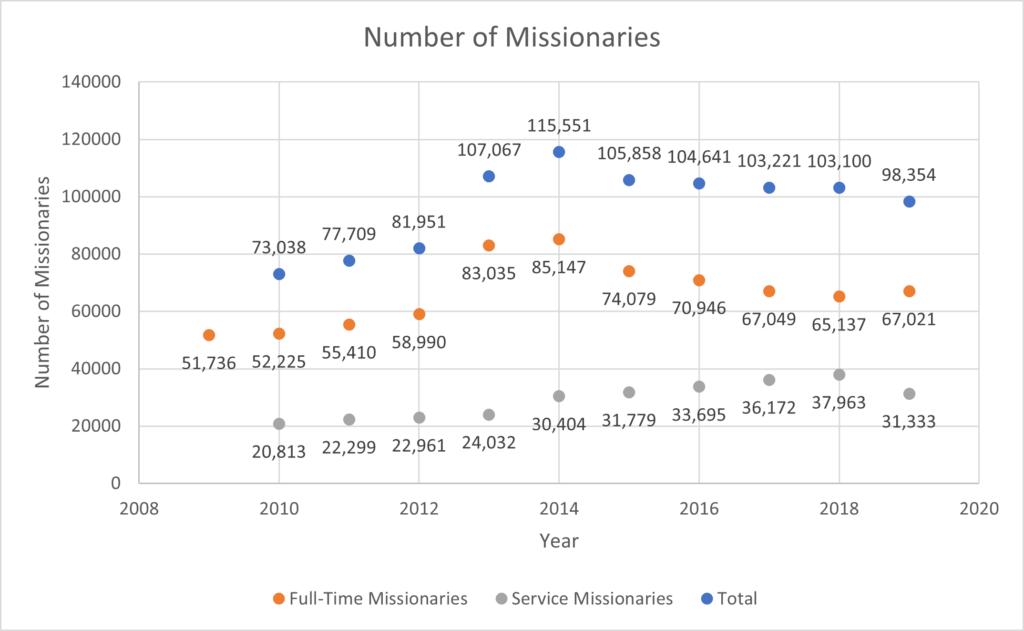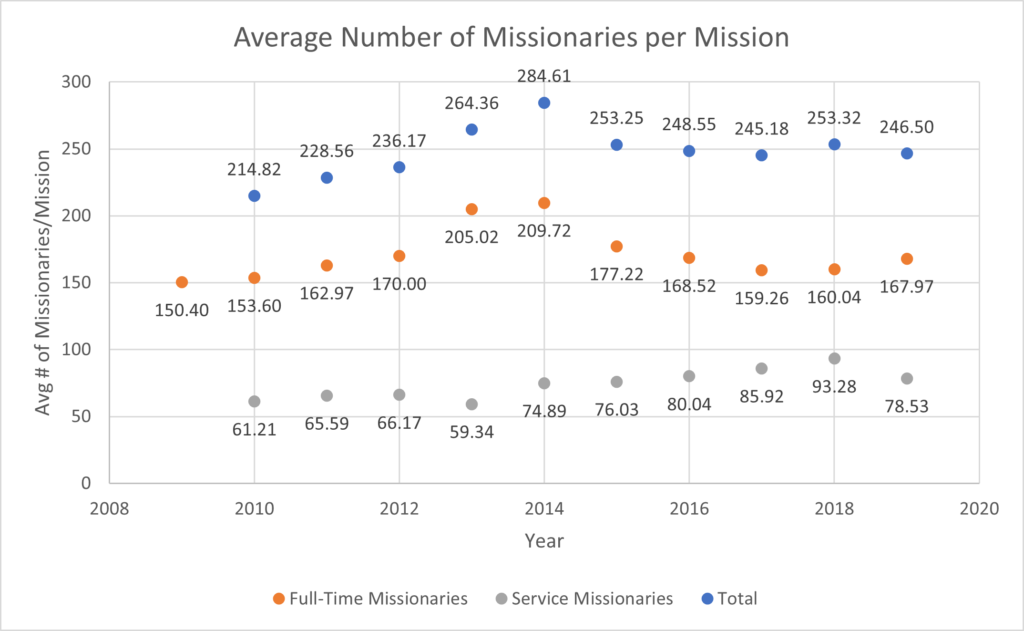
Colorful Tie Background Image



As you may expect, the following contains major spoilers for Spider-Man: No Way Home.
For the record, I get why the ending was what it was, at least to some degree. I’ll discuss my some of my thoughts regarding that in this post. Nevertheless, I very much dislike how the movie ended and think it should have been done differently. This appears to be a somewhat controversial view given how much people seem to have loved the movie, but it’s my view nonetheless. It was surprisingly difficult to find a published article that wasn’t annoyingly cheerful about how the movie ended, but I did find one and will be using it as a jumping off point for this post. I recommend reading the following article by Mark Millien before reading further: Spider-Man: No Way Home’s Ending Is Brutal – But Peter Parker’s Betrayal Is Worse.
I’ll start with noting that I’m the sort of person who almost exclusively reads books and watches movies that have happy, or at least optimistic, endings. I have a variety of reasons for this and may write a post on why, but this is a disclaimer I should point out early on. So the fact that Spider-Man: No Way Home’s ending was depressing was already a big negative blow to it.
Yes, I get why they did it this way. For starters, often happy endings feel forced, out of character, and/or out of touch with reality. Super hero movies are pretty hit or miss for me, largely based on whether or not they take things further than my suspension of disbelief will allow (that could be another whole post…). The latest Spider-Man movies (Homecoming and Far From Home) managed to straddle that border between reality and fiction so well that they were easily eligible to become one of my top ten super hero movies. Even No Way Home managed to keep me tuned in throughout the entire movie (despite some things, like developing cures for the villains so fast, being absolutely ludicrous). When it came to the ending, I do appreciate how realistic it was. Peter’s suggestion to Dr. Strange to make everybody forget Peter Parker was an excellent solution to a terrible situation, a sacrifice that was heartbreaking but believable. There may have been a better way, but, in the heat of the moment, they did what they could and it worked. From a realism perspective, I really like that solution (although the article I referenced above brings up some other points worth considering).
My big problem with the movie is Peter’s decision to leave MJ and Ned to their fates of forgetting him. Yes, there is a sort of logic to it. After all, according to J. Jonah Jameson, “Everywhere Spider-Man goes, chaos and calamity ensue. Everything Spider-Man touches, comes to ruin.” It is quite obvious that this has gotten into Peter’s head by the end of the movie, especially with the death of his aunt. So, when he sees Ned and MJ happy and safe, there is a sad sort of logic to leaving them to their peaceful lives of never having known him. Especially for someone with martyr complex, like Peter may have, it can seem to perfectly reasonable to go into “a life of crippling solitude” (referencing Mark Millien’s article) if it means protecting those they care about. But though I see why Peter did it, I think it would have still been both in character and better for the movie for him to have reconnected with them.
Regarding Peter’s character, the preparation for that moment at MJ’s work started early in the movie. Throughout it, we frequently see Peter’s attempts to protect his friends and family, and we frequently see them pushing back, saying they want to stick with him and showing that they mean it by being there for him through thick and thin, even though they themselves don’t have any super powers. When Peter decides to leave Ned and MJ alone, it’s not a beautiful act of self-sacrifice. It’s him succumbing to his self-doubt, to his lack of trust in others, to his faulty belief that everyone would be better if he wasn’t around. What a horrible thing to happen to this character we have grown to love and care about.
Alternatively, imagine if he did reconnect with them. Imagine the moment when he confronts his self-doubt, his distrust of others, his faulty belief, and decides to not let those things rule him. Instead, he decides to trust MJ and Ned, their wishes, and their character. He decides to honor MJ’s request of him and his promise to her. He becomes a better person, more capable of working with others than ever. Yes, it would have taken more work to get him there. The foundation of such character development was laid throughout the movie, but a bit more would be needed before such a transformation would believable. Some more work would also have been needed at the end of the movie to show this happening without rushing it, all while laying the groundwork for the next movie. But it would have been worth it. The payout for such fantastic character growth would have been worth the extra time and effort it took to choose this path for Spider-Man rather than letting him spiral.
This brings me to why the Far From Home is my favorite superhero move, with Homecoming near first place as well: the dynamic among the characters is fantastic. I love hearing Peter play off of Ned, MJ, May, Happy, Iron Man, Mysterio, etc. The conversation is funny, genuine, and, overall, a delight to watch. This dynamic is a large part of what I love about the franchise and why I was looking forward to the newest movie, and I gotta admit, Spider-Man: No Way Home delivers on this promise in spades. The banter among the three Peter Parkers was especially fun to watch. Overall, the interaction of the characters with each other and with Peter is what makes the Spider-Man movies so great.
However, the ending of No Way Home ruins that. Instead of promising more fun with Peter and his friends, the promise for movie 4 is serious, sad, and lonely. Why should I even bother with it? I feel like the writers misunderstood what many of the fans wanted out of Spider-Man: No Way Home. Yes, there are plenty of people who were avid fans of the previous Spider-Man movies, and yes, I think the writers did a good job of bringing in nostalgia for them while making the movie enjoyable for those who don’t care about the old movies, such as myself. But when you remove one of the fundamental reasons why people love the movies, well, that’s going to be difficult to bounce back from.
Somehow, Spider-Man Far From Home has managed to be a huge hit. From what I hear, it’s largely those who are coming back for nostalgia. So from a business perspective, it seems like they made choice that worked out well (I can’t bring myself to say it was a good choice). But we’ll see how many people come back for the fourth. My dad swore off Spider-Man due to the ending of The Amazing Spider-Man 2, but we got him to watch Far From Home with us in theaters because of the trust that Homecoming gave us. Whelp, yesterday, after after watching No Way Home in the theater, that trust is gone, at least for me.
At the end of No Way Home, MJ makes Peter promise to seek her out and remind her of what she had forgotten. In that scene, though, she also promises to figure out what had happened if he doesn’t tell her. We don’t know the details of how Dr. Strange’s spell worked, but, like Mark Millien mentions in his article, MJ and Ned probably have huge gaps in their memory. I usually hate spoilers, but I’m going to ask for them before watching movie number four. I no longer trust in the Spider-Man franchise. My theory is that the next movie will include MJ’s hunt for the truth, concluding with her figuring it out. Frankly, if that isn’t the case, I’m not sure if I’ll bother watching the fourth movie or any that come after it.
Opening Photo by Hector Reyes on Unsplash
After a lot of searching, I was surprised to not find any graphs with the information I wanted, so I decided to make them myself.
Below you will find graphs displaying data about the number of missionaries and missions of the Church of Jesus Christ of Latter-day Saints (formerly nicknamed “the Mormon church”) from 2009 to 2019. In particular, this time range includes the 2012 announcement lowering the age limit for when men and women can go on missions. This announcement resulted in what is often called “the Missionary Boom,” a large increase in the number of missionaries serving missions and the number of missions that they are serving in. All data was collected from statistical reports published in the year following the year being reported on (e.g., data for 2013 was collected from the Church’s April 2014 statistical report).



Earlier today, I saw a post on Facebook. It asked “what is a friend” or in other words “what qualities/behaviors makes someone a real friend”?
Here is my response:
Anyone else ever noticed the irony of there being a correct way to spell “gibberish”?
I have found what is definitely one of my new most favorite poems. To quote the original site:
“If you can pronounce correctly every word in this poem, you will be speaking English better than 90% of the native English speakers in the world. After trying the verses, a Frenchman said he’d prefer six months of hard labour to reading six lines aloud.”
Of course, I don’t think those numbers are anything but made up, but it is still a great description of the poem. Also, instead of just copying the poem and pasting it over here, I’ve provided footnotes that allow you to look up the definition and pronunciation of the words I didn’t understand and/or didn’t know how to pronounce when I first read the poem. Some were very surprising. Enjoy! (Note: Unless you read it out loud, IT DOESN’T COUNT! 🙂 )
Dearest creature in creation,
Study English pronunciation.
I will teach you in my verse
Sounds like corpse, corps*, horse, and worse.
I will keep you, Suzy, busy,
Make your head with heat grow dizzy.
Tear in eye, your dress will tear.
So shall I! Oh hear my prayer.
Just compare heart, beard, and heard,
Dies and diet, lord and word,
Sword and sward*, retain and Britain.
(Mind the latter, how it’s written.)
Now I surely will not plague you
With such words as plaque and ague*.
But be careful how you speak:
Say break and steak, but bleak and streak;
Cloven, oven, how and low,
Script, receipt, show, poem, and toe.
Hear me say, devoid of trickery,
Daughter, laughter, and Terpsichore*,
Typhoid, measles, topsails, aisles,
Exiles, similes, and reviles;
Scholar, vicar*, and cigar,
Solar, mica, war and far;
One, anemone, Balmoral*,
Kitchen, lichen, laundry, laurel*;
Gertrude, German, wind and mind,
Scene, Melpomene*, mankind.
Billet* does not rhyme with ballet,
Bouquet, wallet, mallet, chalet.
Blood and flood are not like food,
Nor is mould like should and would.
Viscous, viscount*, load and broad,
Toward, to forward, to reward.
And your pronunciation’s OK
When you correctly say croquet,
Rounded, wounded, grieve and sieve*,
Friend and fiend, alive and live.
Ivy, privy, famous; clamour
And enamour rhyme with hammer.
River, rival, tomb, bomb, comb,
Doll and roll and some and home.
Stranger does not rhyme with anger,
Neither does devour with clangour.
Souls but foul, haunt but aunt,
Font, front, wont, want, grand, and grant,
Shoes, goes, does. Now first say finger,
And then singer, ginger, linger,
Real, zeal, mauve*, gauze, gouge and gauge,
Marriage, foliage, mirage, and age.
Query does not rhyme with very,
Nor does fury sound like bury.
Dost, lost, post and doth, cloth, loth.
Job, nob, bosom, transom*, oath.
Though the differences seem little,
We say actual but victual*.
Refer does not rhyme with deafer.
Foeffer* does, and zephyr*, heifer.
Mint, pint, senate and sedate;
Dull, bull, and George ate late.
Scenic, Arabic*, Pacific,
Science, conscience, scientific.
Liberty, library, heave and heaven,
Rachel, ache, moustache, eleven.
We say hallowed, but allowed,
People, leopard, towed, but vowed.
Mark the differences, moreover,
Between mover, cover, clover;
Leeches, breeches, wise, precise,
Chalice, but police and lice;
Camel, constable, unstable,
Principle, disciple, label.
Petal, panel, and canal,
Wait, surprise, plait, promise, pal.
Worm and storm, chaise*, chaos, chair,
Senator, spectator, mayor.
Tour, but our and succour, four.
Gas, alas, and Arkansas.
Sea, idea, Korea, area,
Psalm, Maria, but malaria.
Youth, south, southern, cleanse and clean.
Doctrine, turpentine, marine.
Compare alien with Italian,
Dandelion and battalion.
Sally with ally, yea, ye,
Eye, I, ay, aye*, whey, and key.
Say aver*, but ever, fever,
Neither, leisure, skein*, deceiver.
Heron, granary, canary.
Crevice and device and aerie*.
Face, but preface, not efface.
Phlegm, phlegmatic*, pass, glass, bass.
Large, but target, gin, give, verging,
Ought, out, joust and scour, scourging.
Ear, but earn and wear and tear
Do not rhyme with here but ere.
Seven is right, but so is even,
Hyphen, roughen, nephew Stephen,
Monkey, donkey, Turk and jerk,
Ask, grasp, wasp, and cork and work.
Pronunciation (think of Psyche!)
Is a paling* stout and spikey?
Won’t it make you lose your wits,
Writing groats* and saying grits?
It’s a dark abyss or tunnel:
Strewn with stones, stowed, solace, gunwale*,
Islington and Isle of Wight,
Housewife, verdict and indict.
Finally, which rhymes with enough,
Though, through, plough, or dough, or cough?
Hiccough* has the sound of cup.
My advice is to give up!!!
(Everything in bold is the title of a song the Beatles recorded)
“Hey Jude, how’s it going? I feel fine, but I haven’t seen you since, like, yesterday! How’s the farm?… Good, good, I’m glad it’s going well, Strawberry Fields Forever! Ha ha ha, yes… What’s that? Oh, you want to come together soon? Sure, in my life, I always have time for my friends, anytime at all, so I’ll be on my way as soon as this rain clears up…. Hey, it’s not my fault you work eight days a week, you should try to be more like me. I don’t care too much for money, because, as I always say, all you need is love, and we all know that money can’t buy you love…. Yeah… mhm… Sure, of course I live in a yellow submarine, we all do…. What do you mean you don’t?!?! That’s like that time you said that Lucy isn’t in the sky with diamonds…. Well, what else do you think all those little sparkly things across the universe are, stars?!?! Seriously, you’re getting better, but this boy is getting a bit frustrated… Fine, with a little help from my friends I can let it be, just don’t let me down again, all right? Speaking of friends, a random blackbird just came out of nowhere, man, and started messing with my new pet… Yeah, it was scary, but I ran at it, yelling “Leave my kitten alone!” and it flew away. Anyhow, here comes the sun, so I’ll drive my car over to help clean up some of that junk that has accumulated in moonlight bay, as you like to call it. See you soon! Bye.”
I gave a brief overview of the top ten things a group game should have in my earlier post, but now I want to explain why those are the top ten. Over the next few days I will be posting those explanations.
The game should be easy for someone to join mid-game
Whenever you have a large group of people, chances are that not all of them join at once. If it’s not possible to join a game that has already started you leave several people bored, which is what you are trying to avoid while playing a group game. Even if they can join, but it takes forever to get started again, the game is less fun.
An example of a hard to join game would be Ninja, because once the game has started no one is allowed join until the end of the (often long) game. Two examples of easy to join games would be Tag, for hopefully obvious reasons, and Gaga Ball (or Biscuit Ball, as it is often called), because even though no one is allowed to join once the game has started, the games are usually so fast that you won’t be waiting long before you can get in.
~ Ruficalix
I gave a brief overview of the top ten things a group game should have in my last post, but now I want to explain why those are the top ten. Over the next few days I will be posting those explanations.
The game should be easy to get started.
As anyone knows who’s tried to get a bunch of people to try a new game, the longer it takes to get the game started the less likely you are to actually play it. Also, the longer it takes to get the game started the longer people are bored. Between the two, the games that work best are often rather easy to start compared to games which don’t.
An example of a hard to start game would be Signs, because it needs everyone to choose a sign and show it to everybody else (for those who haven’t played, this takes a very long time, especially with the large groups that the game is best played with). An example of an easy to start game would be Ninja, because all you need is for everyone to get in a circle, do a countdown, and start.
~ George
There are many games, but some work better in group situations than others. By group situations I mean situations in which you have lots of kids (or teens, or adults…) and want them to all start playing a game, like at a birthday party. So, having played and directed a lot of group games, I thought I’d come up with ten things to look for in a good game for your group. To clarify, a good group game should keep as many people continuosly entertained as long as possible. This is what I was looking for when I put together this list:
Of course, a game can still be fun (and usually is still fun) without all of these factors, but I’ve found that the more of the 10 factors a game has the more likely a group I’m playing it with will want to play it again. More on that in a later post. There are probably other factors that would affect how fun a game is to play with groups, but as of now I can’t think of any others. There are so many things about this that I want to elaborate on, but for now I’m going to post this so that I can get this started.
~ George